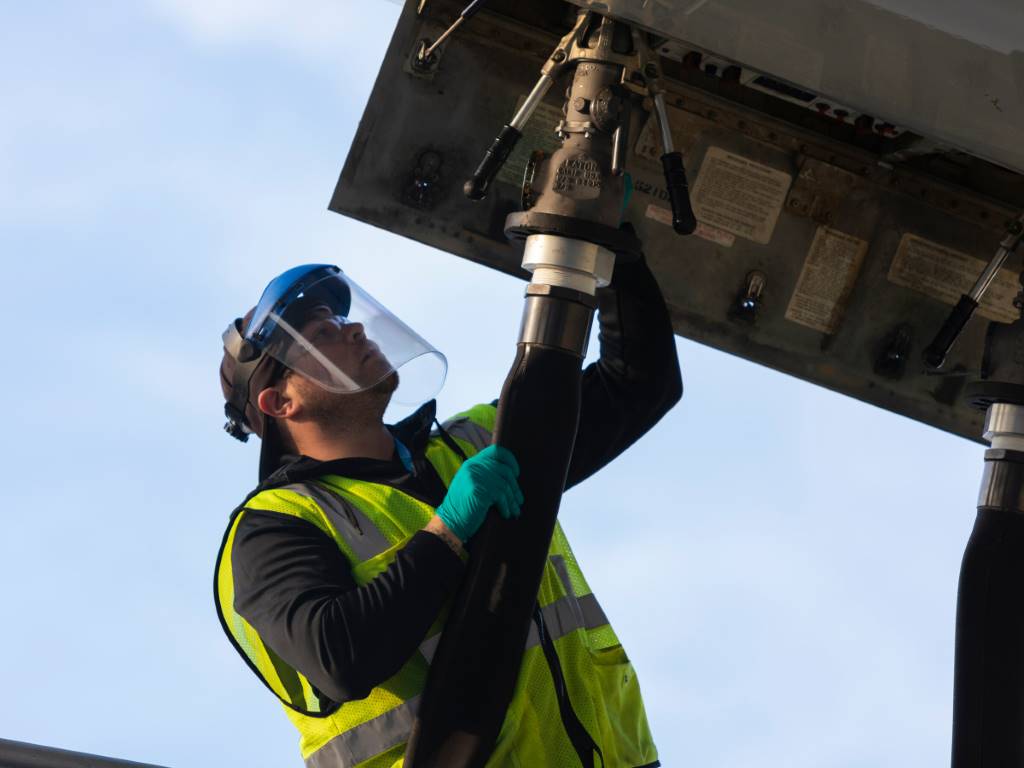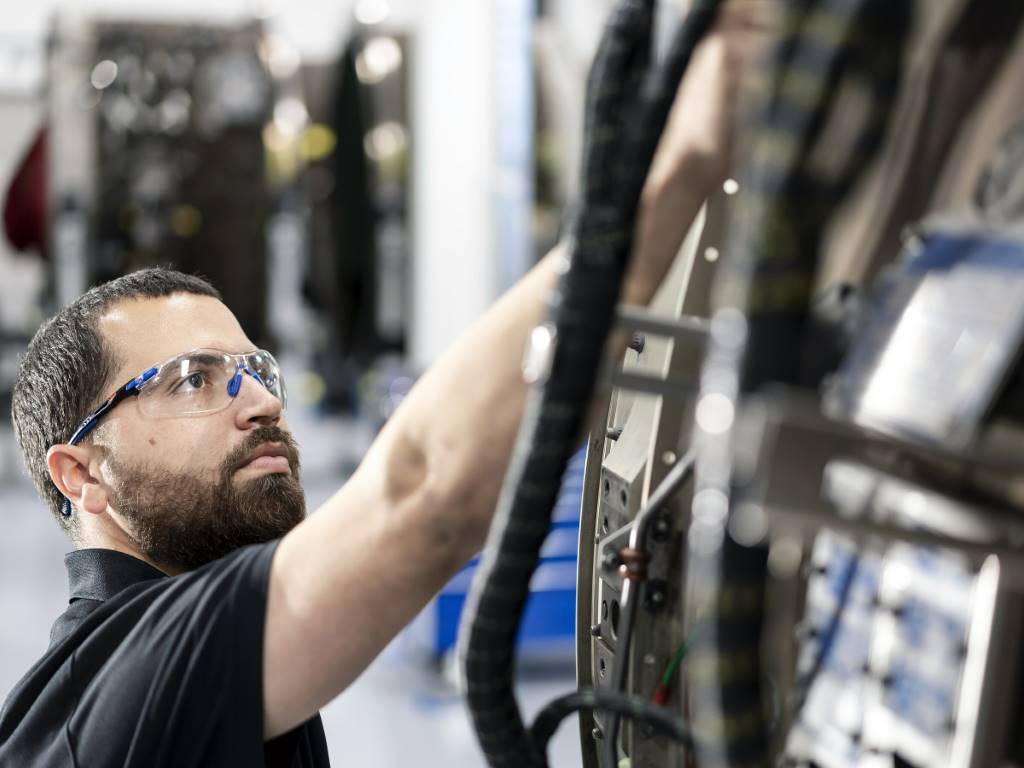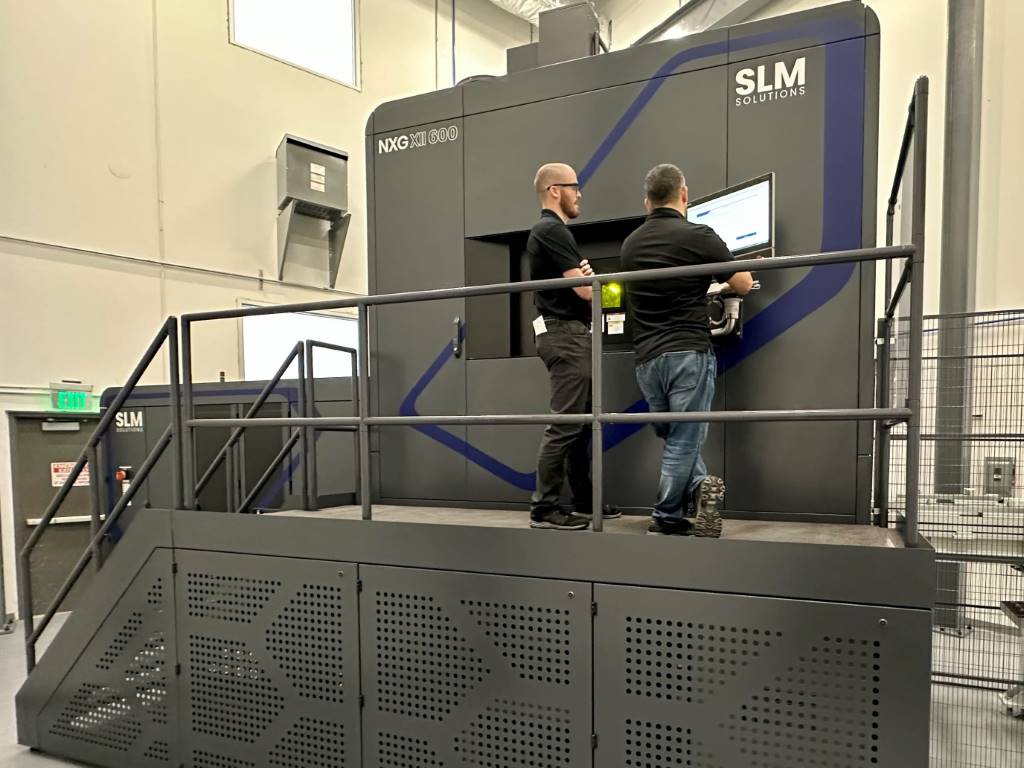Delivering economic and societal value

David Coleal, CEO of Incora, discusses how innovation, disruption and stewardship can come from any part of the aerospace supply chain.
If necessity is the mother of invention, perhaps disruption assumes a paternal role. Certainly, the Covid-19 pandemic disrupted aerospace and other industries with a once-in-a-century, ‘black swan’ event. Yet, while many people focus on the chilling effect of depressed international airline travel, other parts of our industry – from business aviation to defence to space – paint a more optimistic picture. Change, often evolutionary and occasionally revolutionary, has helped make aerospace so adaptable and resilient.
And while it may be tempting to look to external forces as preeminent catalysts for change, the reality is any organisation can play a key role in sustainably rebuilding, not merely maximising profits. Consider the role of distributors and supply chain solutions providers, such as the one I am proud to lead.
From a business perspective, think about the positive effects on a company that can now benefit from lower price without balance sheet impact, or just-in-time parts availability without carrying excess inventory. Operating costs are lower, and precious capital is preserved for R&D, new tooling or technology investment. However, it is the human and societal elements that are perhaps the most overlooked in our supply chain-driven industry.
Start with sustainability. It seems like ancient history, but less than two years ago our industry was on the defensive from those who used flight-shaming tactics to obscure the significant progress made on lowering the carbon footprint. Those criticisms will resume, and we can benefit on expanding the conversation beyond improvements like increased lightweight structures, improved engine performance and sustainable aircraft fuels to include the entire supply chain. Incora provides an optimised, end-to-end supply chain system that makes its own sustainable contributions through increased efficiency, reduced waste, just-in-time delivery, kitting efficiencies and lifecycle chemical management.
Then consider diversity, equity and inclusion (DEI), which are paramount for any company with aspirations to compete globally. Fostering and maintaining an environment that makes everyone feel welcome and appreciated is just as valuable as any part or process. As a supply chain solutions provider, we are geographically, ethnically and socially diverse by nature to support our worldwide customer base, but more work remains. We recently appointed a new chief people and diversity officer at Incora and are starting a diversity council to further elevate this, putting talent at the heart of our value proposition.
Related to DEI is another familiar acronym: STEM. Our industry’s structural human capital challenge was evident long before the pandemic that sparked workforce reductions and accelerated the departure of skilled labour and professionals. As aerospace recovers, we will face renewed challenges with other industries engaging in vigorous competition for the same talent. My company has joined other members of the General Aviation Manufacturers Association to ensure STEM graduates know a rewarding career awaits them with supply chain providers as readily as it does at an OEM or MRO. This is reinforced by our commitment to support developing aerospace talent across our Americas, EMEA and APAC locations.
Finally, there is technology. A 2019 Deloitte survey to assess Industry 4.0 adoption found 84% of A&D executives would consider leveraging new digital technologies for market differentiation. Yet only a quarter were using these data-driven tools to inform decision-making. Technology is a significant enabler for distributors with a massive number of SKUs. At Incora, our Akrivis system leverages the power of our advanced data science and machine learning group to provide step-change improvements in forecasting efficiencies. Our proprietary platform tcmIS enables our chemical management customers to optimise inventory and reduce waste across their global facilities. It is imperative to have systems that reduce manual intervention and enable application of artificial intelligence across service platforms and throughout the supply chain.
The timeless proverb above is often attributed to Plato, whose words may be more simply translated as “Our need will be the great inventor.” This change to the first person is crucial; it reminds us the power to disrupt can come from anywhere, most notably from within.









